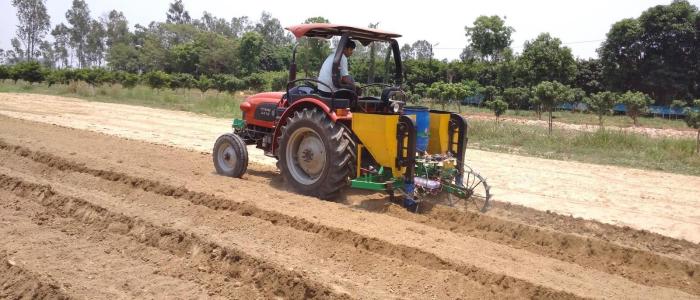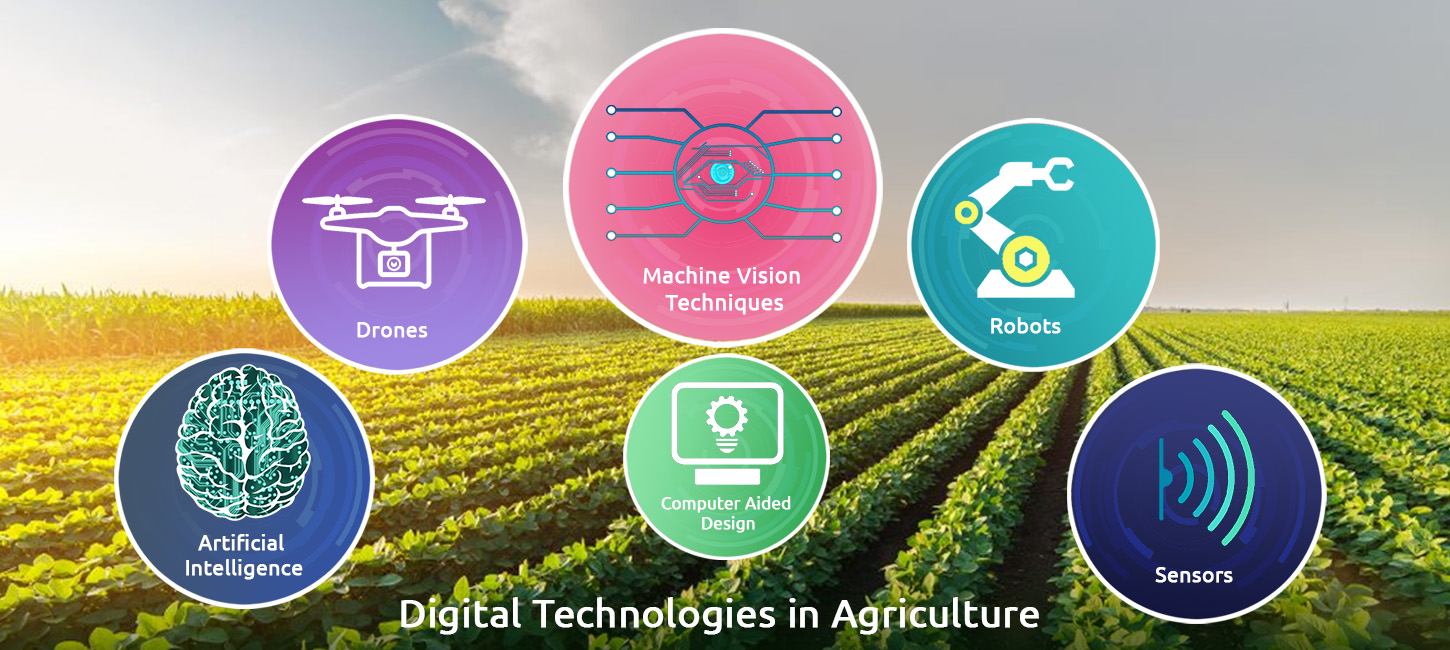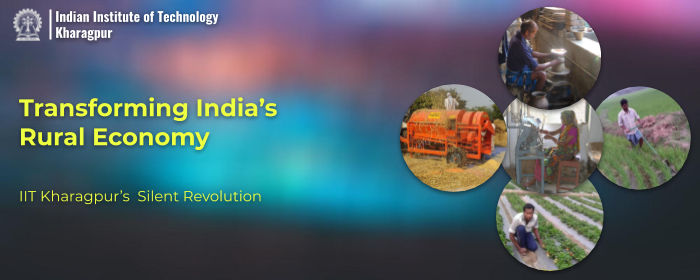
Researchers at IIT Kharagpur use Diffused Reflectance Spectroscopy based Rapid Soil Testing method for Agri-small holder farms
In a recent study by IIT Kharagpur in collaboration with the International Crops Research Institute of Semi-Arid Tropics (ICRISAT), Hyderabad, has developed and validated the efficiency of Diffuse Reflectance Spectroscopy (DRS) models for high throughput soil analysis for impact at scale in small-holder systems. Years of research at the Agricultural and Food Engineering (AgFE) Department of the Indian Institute of Technology (IIT) Kharagpur shows that Diffuse Reflectance Spectroscopy (DRS) may be used safely for rapid soil assessment. Conventional soil testing laboratories use wet chemistry-based soil testing methods that are time consuming and can become expensive when a large number of…




